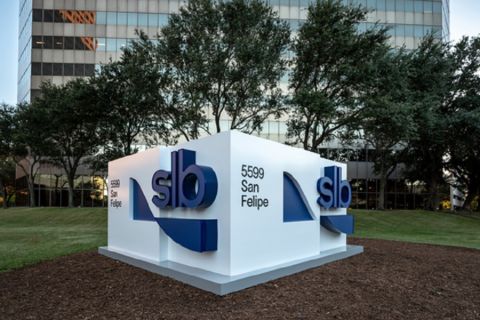A group of 34 Republican senators said on Feb. 9 they would seek to overturn U.S. Environmental Protection Agency (EPA) rules that aim to drastically cut smog- and soot-forming emissions from heavy-duty trucks.
The senators said the Biden administration rule finalized in December was overly challenging to implement, would make trucks cost prohibitive for small business owners and would increase supply chain costs.
Under the Congressional Review Act, a simple majority vote in both chambers of Congress can reverse recently finalized rules. Democrats hold a 51-49 majority in the Senate, while Republicans narrowly control the House.
The new standards, the first update to clean air standards for heavy duty trucks in more than two decades, are set to take effect March 27 and are 80% more stringent than current standards.
The EPA estimates by 2045, the rule will result up to 2,900 annual fewer premature deaths, 1.1 million fewer lost school days for children and $29 billion in annual net benefits.
Republican Senator Deb Fischer of Nebraska, who is leading the effort to repeal the rule, said the "aggressive" EPA rule would incentivize "operators to keep using older, higher-emitting trucks for longer."
The new EPA rules target heavy-duty truck and engine manufacturers by tightening yearly emissions limits and changing key provisions of existing rules to ensure emissions reductions in long-term road use. The rules toughen test procedures, regulatory useful life requirements and emission-related warranties.
"It's really important, especially for protecting the health of the 72 million people living near truck freight routes in America," EPA Administrator Michael Regan told Reuters in December. The rule would reduce smog-forming nitrogen oxide (NOx) emissions by as much as 48% by 2045, he added.
Todd Spencer, president of Owner-Operator Independent Drivers Association, said if small business truckers could not afford the new, compliant trucks they would stick with older, less efficient trucks or exit the industry entirely.
Some environmental groups said they backed the rules, while others said the EPA had not gone far enough to protect public health from emissions.
Separately, the EPA plans to propose by next month "Phase 3" greenhouse gas (GHG) standards for heavy-duty vehicles and new emissions standards for light- and medium-duty vehicles. Both are to take effect in the 2027 model year.
In December 2021, the EPA finalized new passenger vehicle emissions requirements through 2026 that reversed President Donald Trump's rollback of car pollution cuts.
Transportation is the largest source of U.S. GHG emissions, making up 29%, and heavy-duty vehicles are the second-largest contributor at 23%.
Recommended Reading
Baker Hughes Awarded Saudi Pipeline Technology Contract
2024-04-23 - Baker Hughes will supply centrifugal compressors for Saudi Arabia’s new pipeline system, which aims to increase gas distribution across the kingdom and reduce carbon emissions
PrairieSky Adds $6.4MM in Mannville Royalty Interests, Reduces Debt
2024-04-23 - PrairieSky Royalty said the acquisition was funded with excess earnings from the CA$83 million (US$60.75 million) generated from operations.
Equitrans Midstream Announces Quarterly Dividends
2024-04-23 - Equitrans' dividends will be paid on May 15 to all applicable ETRN shareholders of record at the close of business on May 7.
SLB’s ChampionX Acquisition Key to Production Recovery Market
2024-04-21 - During a quarterly earnings call, SLB CEO Olivier Le Peuch highlighted the production recovery market as a key part of the company’s growth strategy.
PHX Minerals’ Borrowing Base Reaffirmed
2024-04-19 - PHX Minerals said the company’s credit facility was extended through Sept. 1, 2028.





